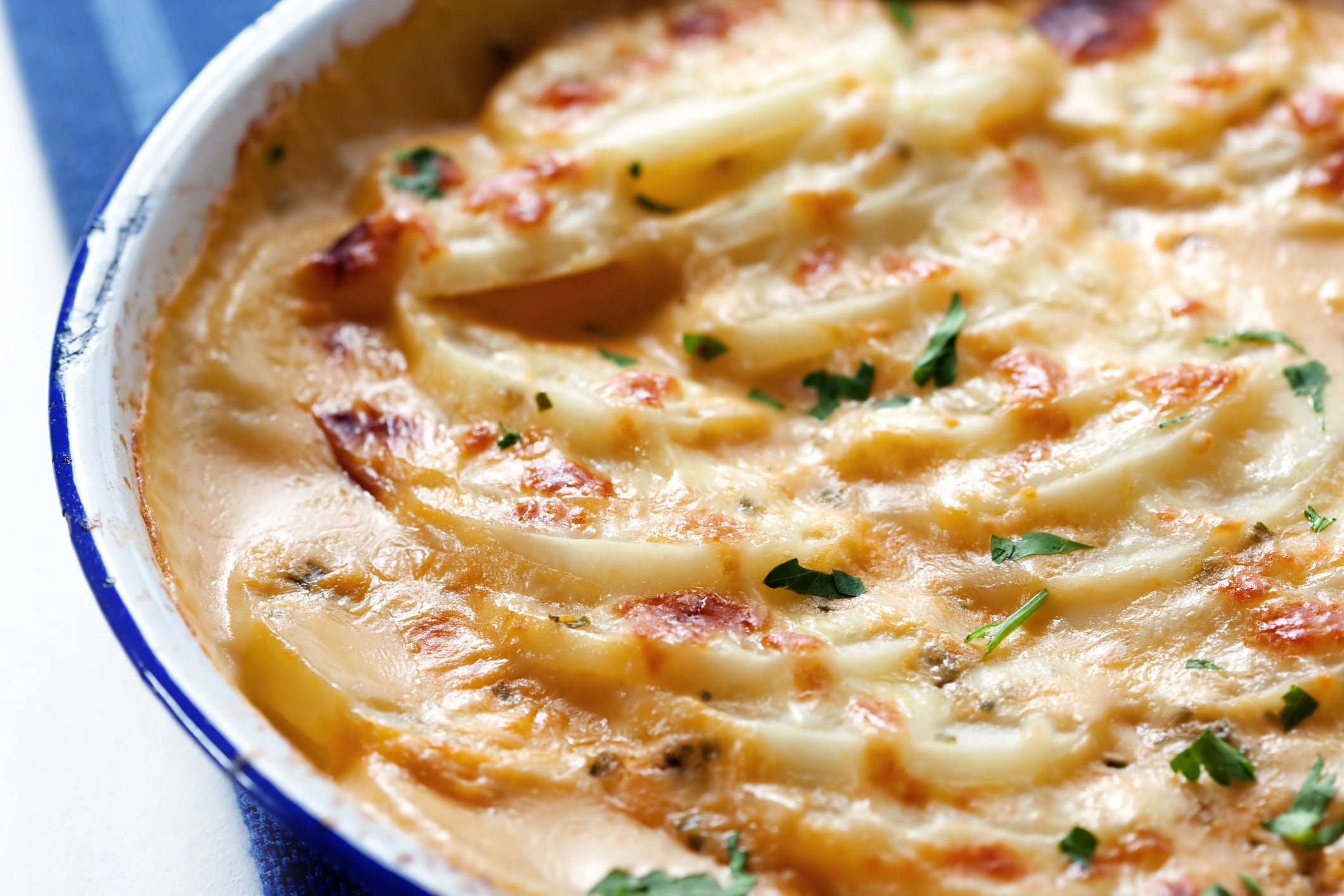Think young people’s growing distaste of potatoes is a modern trend among millennials? Consider this quote from a 26-year-old Mick Jagger back in 1969: “If you eat any old rubbish like lots of potatoes and take no exercise, then you end up looking like a potato — all knobbly knees and bloated.”
Bord Bia, Ireland’s food board, has applied for a three-year €1.2 million grant from the EU to “sex up the spud” using social media, specifically Instagram, to attract younger consumers.
The bid, which will be decided in October, may appear strange in light of the fact that “potato purchase penetration is still high at more than 97% across the population,” according to Bord Bia.
But the problem is that young people buy potatoes “far less” than the rest of Ireland’s population. “People are consuming potatoes on average more than 3 times a week,” a report from Bord Bia said. “Focusing on the younger millennials and Generation Z cohorts they are likely to consume rice and pasta more frequently than previous generations, gravitating towards these other carbohydrates in particular for their perceived convenience and health properties. They believe that they are more aligned for their needs.”
It went on to complain that the health benefits of potatoes are not as well understood among young people who regard them as having more fat and calories when compared with other carbohydrates.
Older people, in contrast, associate tubers as a source of fibre, magnesium and vitamin C. Among the millennials who are consuming more potatoes 35% are doing so for their fibre.
The humble spud, meanwhile, doesn’t look good on the ‘gram, lamented Bord Bia. “The research showed that the potato lacks relevance for many younger consumers and it is not being showcased online in the way other foods are. [For example] on Instagram it lacks a major presence and is less likely to be a food that people are prepared to 'plate up' to show to their friends on social channels,” it wrote.
It added that nearly half of the 1,500 millennials questioned did not know any variety of potato, compared to 35% of the older generation.
As well as partnering with its counterparts in France and Belgium to apply for funding from the EU, the agency has launched a website, potato.ie, with 142 recipes that highlight the nutritional properties of potatoes.
"We do know that the millennial generation as a cohort are eating differently to previous generations seeking taste, convenience and health in their food,” said Bord Bia fresh produce and potato manager Lorcan Bourke.
"Potatoes tick all the boxes across these three criteria, but only when people have full knowledge on how to use them in their busy lifestyles."
‘Don’t demonise the potato’
Potatoes groups are busy dispelling the myth that potatoes are fattening or that carbohydrates as a food group are bad for you.
The British Nutrition Foundation claims that the amount of potatoes eaten in the UK has decreased in recent years. But it makes the point that the humble potato provides fibre and some vitamins and minerals.
“Potatoes are part of the starchy carbohydrates food group within the UK’s healthy eating guide. Starchy foods should make up around a third of the foods that we eat, with advice to go for higher fibre versions like wholegrains or potatoes with skins where possible,” said a spokesperson.
“Fibre is important for gut health as well as reducing the risk of diseases like heart disease, type 2 diabetes and some cancers. Potatoes are a source of potassium and also contain vitamin C, magnesium, and folate. As potatoes can be used in so many different ways, it’s important to think about how we eat them. For example, having a jacket potato with the skin on and a small amount of spread is a healthier option than having deep-fried chips, which are likely to contain more fat and calories.”
- Potatoes are naturally fat free
- Potatoes are naturally low in saturated fat
- Potatoes are naturally low in sugars
- Potatoes are naturally salt free
- Potatoes contribute 14% to vitamin C, 13% to vitamin B6 and 9% to folate intakes in the diets of adults in the UK
- In the UK, potatoes contribute 14% of total fibre intake in adolescents, and 12% of total fibre intake in adults
Source: potatoes.ahdb.org.uk
Last year the UK-based Agriculture and Horticulture Development Board (AHDB), which represents 100,000 farming and supply chain businesses across the country, hit back to 'bust the myths' on potatoes and health that appear in the mainstream media. The move followed a BBC documentary and subsequent press coverage that seemed to compare the rise in blood sugar level produced from the starchy carbohydrates in a large jacket potato to simple sugars in chocolate bars and fizzy drinks.
Dietitian Dr Carrie Ruxton said: “This story about potatoes twists the truth and misleads people trying hard to give up sugary foods and follow Government advice to 'base meals on potatoes, bread, rice, pasta or other starchy carbohydrates'. All carbohydrates are turned into glucose (sugar) by our bodies - this is because our brains, muscles and organs use glucose as a fuel. Basically, it's natural energy.
“A healthy baked potato - which is around 250g (the potato featured on the BBC was 350g) - is nothing like a can of cola because it contains other nutrients such as vitamin C, B vitamins and fibre. It also fills you up more than a fizzy drink. So, there's no reason why people shouldn't continue to enjoy potatoes with their meals - but remember to keep on the skins as this is where the nutrients are.”


